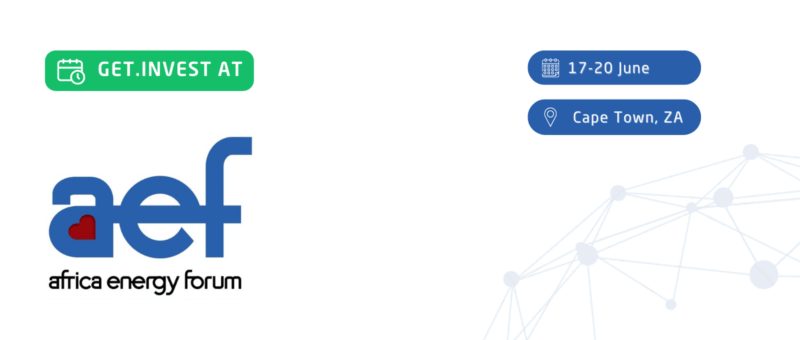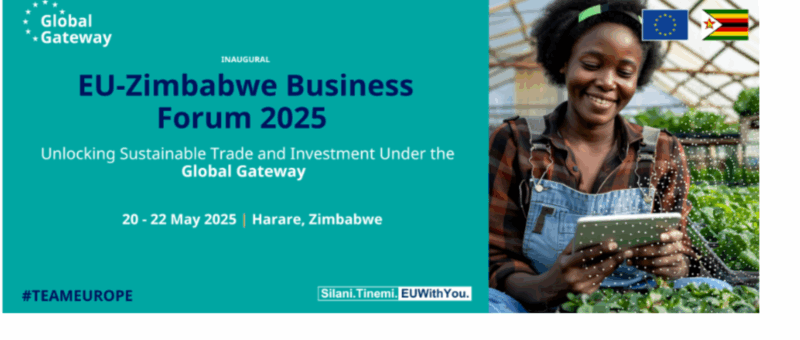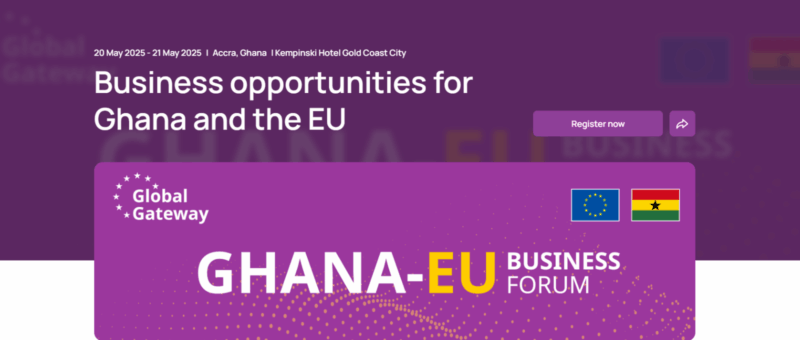Resources
From ideas to action: Using end-user subsidies to achieve universal energy access
GOGLA, The World Bank Group’s Lighting Global program and ESMAP, supported by GET.invest, are pleased to invite you to the virtual event, ‘From idea to action: Using end-user subsidies to achieve universal energy access,’ on 20 January 2021.
Together, we will explore the role of end-user subsidies in the ‘tool-kit’ of pro-poor solutions as we work to accelerate energy access. The event will feature interactive discussions on end-user subsidies for stand-alone solar technologies in four specific country scenarios.
Why you should join this event
This event aims to uncover practical solutions to end-user subsidy market and design challenges. Energy experts will explore how these subsidies fit within the ‘tool-kit’ of public financing solutions and discuss ‘smart design’ solutions for four pilot country programs in sub-Saharan Africa. Participants will be encouraged to contribute their own knowledge and experiences to the discussion to help identify practical ways to translate the idea of end user subsidies into action – bringing the sector one step closer to closing the energy access gap.
Why is now the right time to talk about end-user subsidies?
Solar home systems, productive use equipment, mini-grids, and other decentralized renewable technologies transform the lives and livelihoods of those living in energy poverty. The off-grid solar sector alone has enabled over 400 million people to purchase affordable renewable energy solutions and is expected to serve a further 600 million people by 2030. Yet, even before the COVID-19 pandemic, research showed that over 230 million people would be too poor to gain basic electricity access. The impacts from COVID-19 are expected to drive an additional 70 million people into extreme poverty – putting energy access even further out of reach for millions.
Rather than leave these communities behind, we must address the acute, and growing, “affordability gap”, to ensure they do not stay locked in energy poverty and universal energy targets are realized.
How end-user subsidies fit within the pro-poor toolkit?
The transformative impact of the decentralized renewable energy sector has been achieved largely by leveraging market dynamics. Public actors seeking to support energy access through off-grid have primarily provided supply-side support, which indirectly brings down costs for end-users: companies receive support to reach rural and remote areas and to drive costs down through economies of scale. Supply-side subsidies, such as results-based financing (RBF) schemes, alongside supportive fiscal policies, and other market enablers, remain critical, allowing companies to charge a consistent price for their products, even when it costs them more to reach and service a customer. To achieve energy access goals, these solutions must be both continued and expanded.
However, to fully bridge the affordability gap, end-user subsidies that directly reduce energy costs for very low-income households, are needed. Examples include direct cash transfer, voucher schemes or RBF schemes that specifically enable or mandate that companies reduce product costs for very low income or vulnerable customers. These subsidies are complex in their design and bear a larger risk of market distortion. As such, they must be considered carefully within the broader mix of energy access dynamics and enablers and be designed very carefully.





